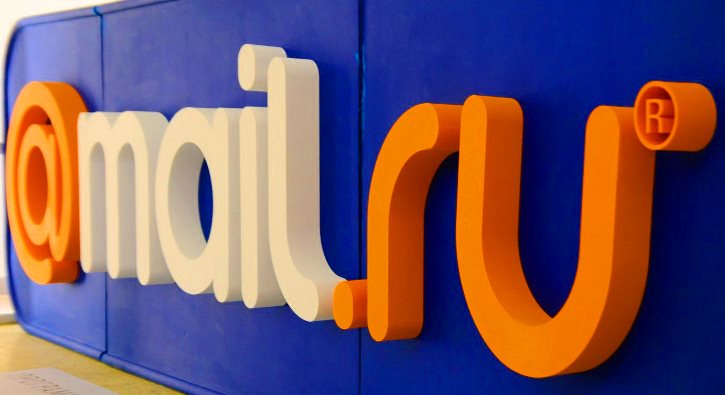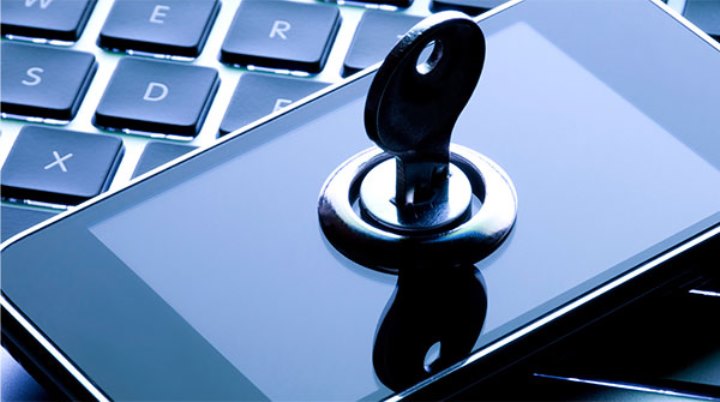Is it possible to hack a trader's account?
Exchange trading is full of dangers, but in addition to the risk of unfavorable changes in exchange rates, other troubles may await the trader.
One of which is hacking an account and stealing money stored on deposit by transferring it to someone else’s account or payment system wallet.
Such troubles, although they do not happen often, do happen and it is better to try to avoid them, especially since they are quite easy to do.
It is enough to follow a few important Internet safety rules, which we will discuss below.
The main options for hacking accounts:
• Stealing passwords from your personal account is one of the easiest ways to gain access to your account, and if it does not provide additional protection.
There may also be other options that provoke you to go to a fake site and enter your password. As a result, the attacker gains access to the trader’s account, and what he does there is a matter of technology.
How to deal with this?
It’s quite simple, try to remember the exact address of the broker’s website and always pay attention to the address bar when logging in; ideally it should look like this:
![]()
The most important thing is to pay attention to the padlock in front of the address, which indicates that the connection is carried out using the https protocol, that is, it is secure.
Unlike regular websites or blogs, it is this connection that brokers .
• Stealing passwords from your computer is also one of the common options that is possible if you store passwords on your computer and get a virus or Trojan.
As a result, the fraudster will be able to safely log into your account and gain access to your accounts.
How to deal with this?
Store passwords in a password-protected archive, and the archive itself on a flash drive, which you connect only when entering your account.
We should not forget about basic security measures, such as antivirus.
A full scan of your computer for viruses should be carried out at least once a week. • Hacking your mailbox - usually done using letters with attached files, when opened, email passwords are stolen.

Then the attacker goes to your broker’s website and requests password recovery via email, followed by a standard scenario.
How to deal with this?
Do not open letters from unfamiliar recipients, and especially do not open attached files; you should also not respond to offers to change your mailbox password; as a result, you may be redirected to a fake mail site.
• Interception of SMS messages is the most unpleasant and dangerous option when someone gets the opportunity to intercept your messages.

There are two ways to do this: place a Trojan on your phone or get a new SIM card for your number using fake documents.
The danger is that thanks to SMS interception, not only your broker account, but also your bank account can be hacked.
How to deal with this?
Make sure that the antivirus installed on your phone is always active, and do not give access to your email or Google account on your smartphone to untrustworthy programs downloaded from the Internet.
Do not leave copies of your documents anywhere, and do not lose the documents themselves.
You should be especially careful about computer security these days, especially if you use the Internet to access your money.
